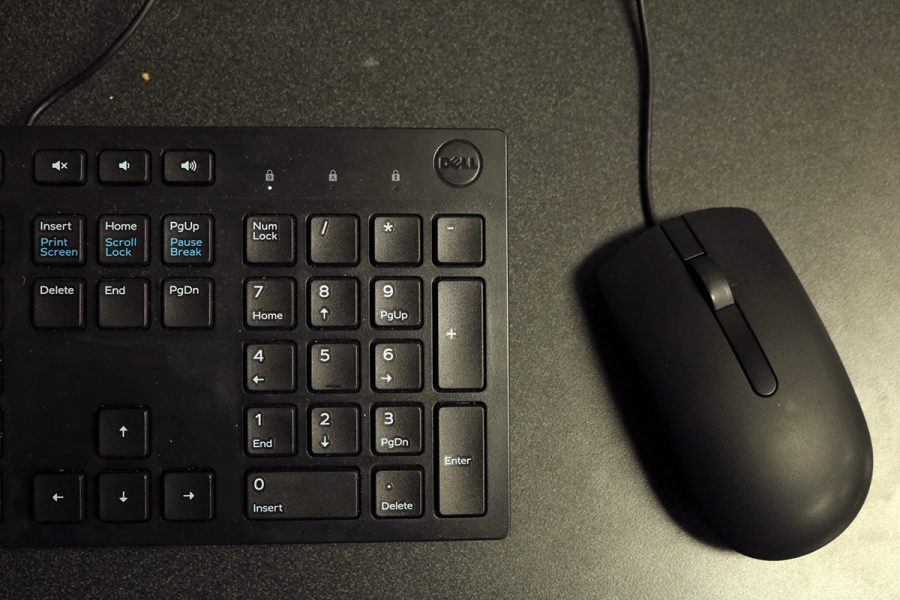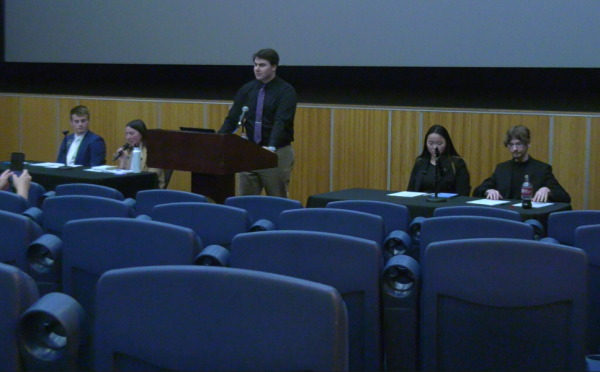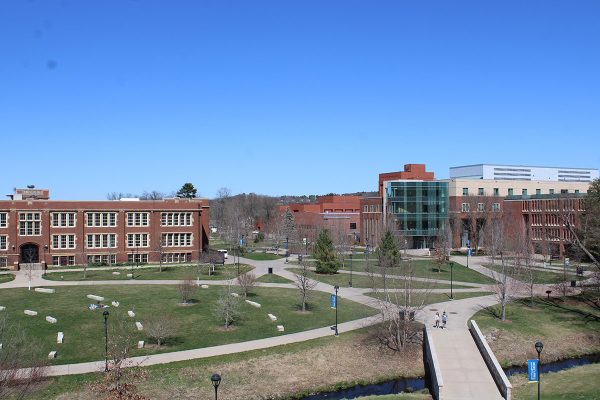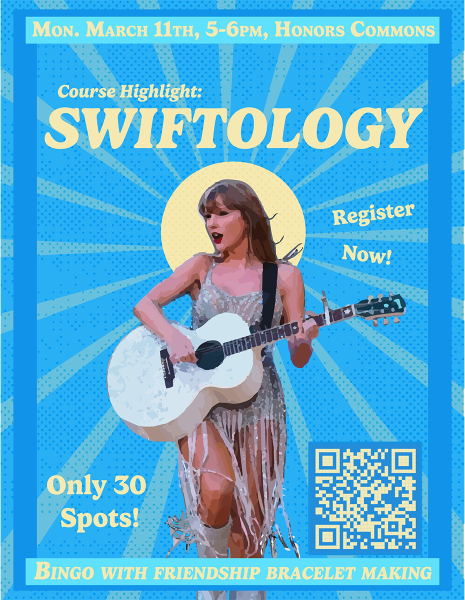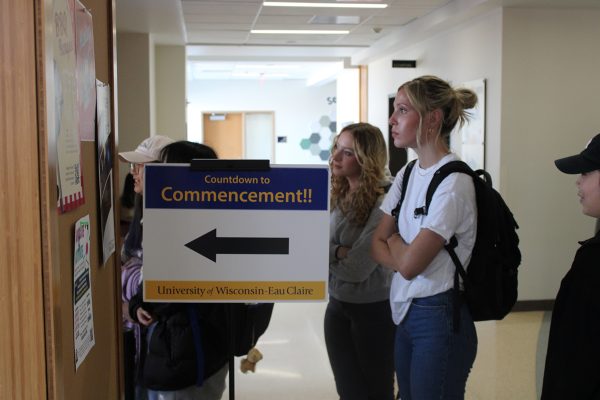Computer science program to gain cybersecurity lab
Students take skills from CS competitions to academia
Photo by Sam Farley
UW-Eau Claire Career Services is putting on a career fair Wednesday, September 23rd. But organizing in-person during a pandemic is complex, so this year, it will all be done virtually over Handshake.
November 27, 2018
In spring 2019, the UW-Eau Claire computer science program will be unveiling its newest addition to the computer science program: a cybersecurity lab.
According to Dr. Jack Tan, the computer science department chair, the lab came about from a $92,000 grant from the state of Wisconsin to support innovative projects in the computer science program.
Steve Ranis, the Learning and Technology Services computer science liaison and information security officer at UW-Eau Claire, said one of these projects is to support a group of computer science students who went to Cyphercon in Milwaukee and, after doing well at the competition, competed at the recent NetWars competition and placed in the top one percent — 25th out of 3,300 teams nationwide. Among these teams were cybersecurity professionals in the field.
The team from UW-Eau Claire comprised Brendan Zember, Bradley Konsela and Hannah Borreson.They said the competition went beyond their expectations.
“We were expecting it to be really cutthroat, like super competitive, but … it was definitely a collaborative environment,” Konsela, a third-year computer science student, said.
“It was a mix of every emotion,” Zember, a third-year computer science and math student, said. “There was a lot of frustration, a lot of critical thinking, just lots of ups and downs of really struggling and finally getting that release of being able to complete it. There’s a lot of imposter syndrome in the beginning and then in the end there was a lot of … ‘We actually did that.’”
The cybersecurity lab will allow these students to continue their work from these competitions, Ranis said.
“It’s kind of looking at the world from a different point of view, looking at it from how things need to be secured and protected ahead of functionality,” Ranis said.
The cybersecurity lab, located in Brewer Hall 54, will be a part of a self-directed study class, CS 399, which is exclusive to computer science majors and is invitation only. The class will be taught by Ranis and Tan together. Eight students are currently registered in the course, and Ranis said that there is a line of students waiting for a chance to enroll.
“Because now the industry is solely lacking security personnel, we feel that we should fill the demand for this region,” Tan said.
Both Tan and Ranis said the real-world application of cybersecurity skills to the professional world are vital, even for non-computer science majors.
“UWEC students don’t understand that they’re valuable,” Ranis said. “And there are people in the world that want to take that value, whether it is your email account, whether it’s your gmail, whether it’s your credit car or whether it’s your identity. And you are valuable because you are just starting you’re profit-making life.”
The class, similar to the competitions, is divided into two teams: the red team, which is the attack team, and the blue team, which is the defense team. Each team builds up their systems and tries to break through the other team’s defense to learn more about how to protect their own systems.
The three students who competed at cybersecurity competitions will be three of the eight students enrolled in CS 399.
“We’re kind of shaping the curriculum based off of how this goes,” Zember said.
Konsela said cybersecurity is an issue that he is passionate about.
“Cybersecurity, to me, has always been kind of a euphemism for hacking,” Konsela said. “That word has been kind of conflated over the years with how many conflict we have over the internet. But really, hacking was originally — and should be — about a culture of curiosity.”
Konsela said the Makerspace in McIntyre Library is another example of teaching applicable skills to students.
“Having this lab now hopefully will encourage more curiosity, a sense of wonder, that I think may be a little lacking,” Konsela said.
Mennecke can be reached at [email protected].

